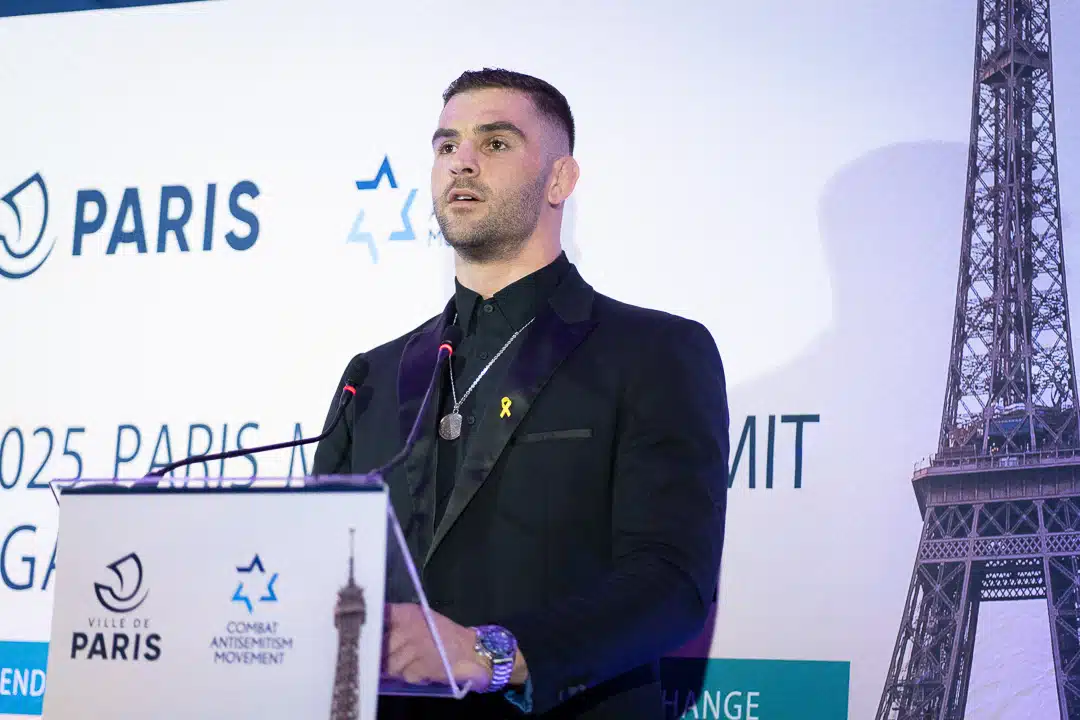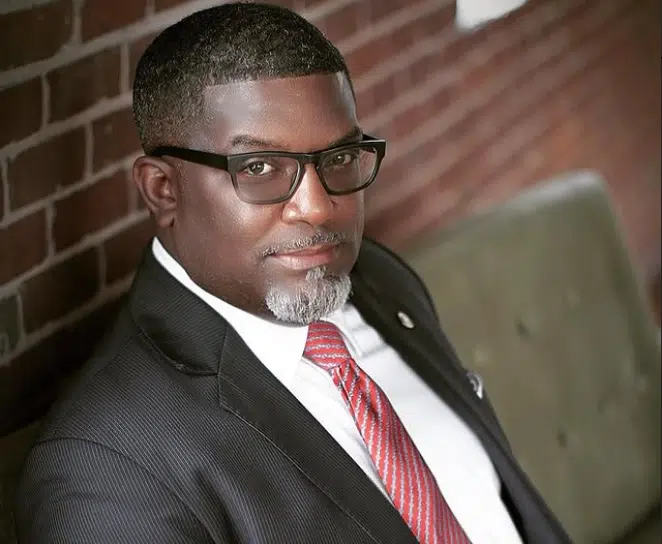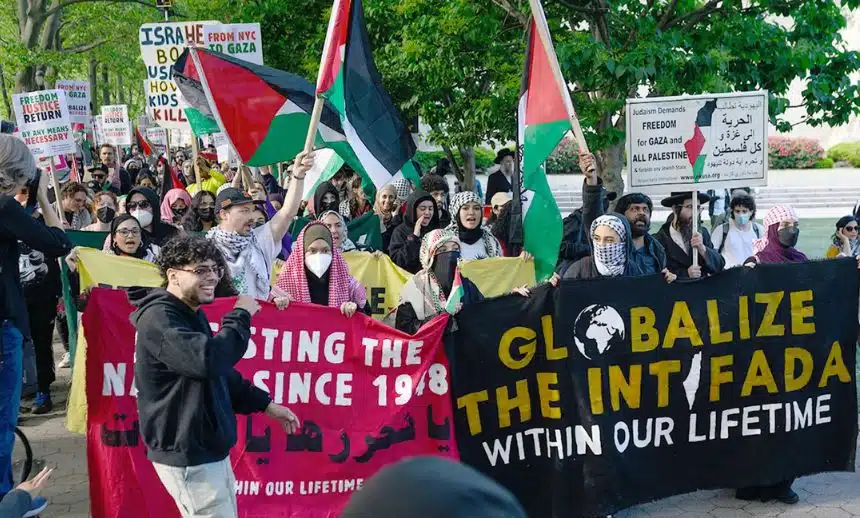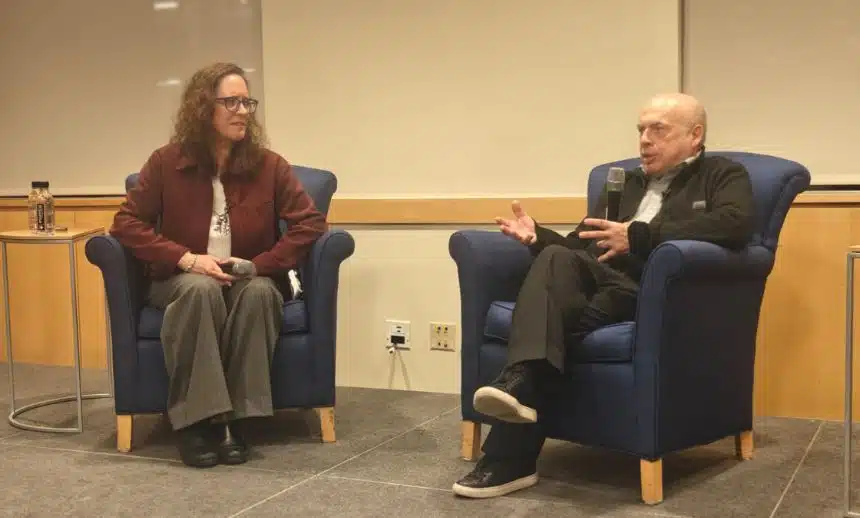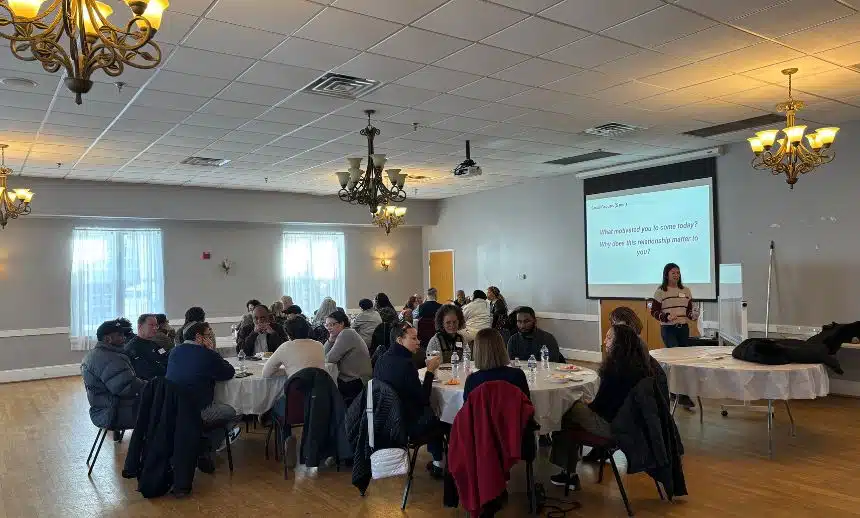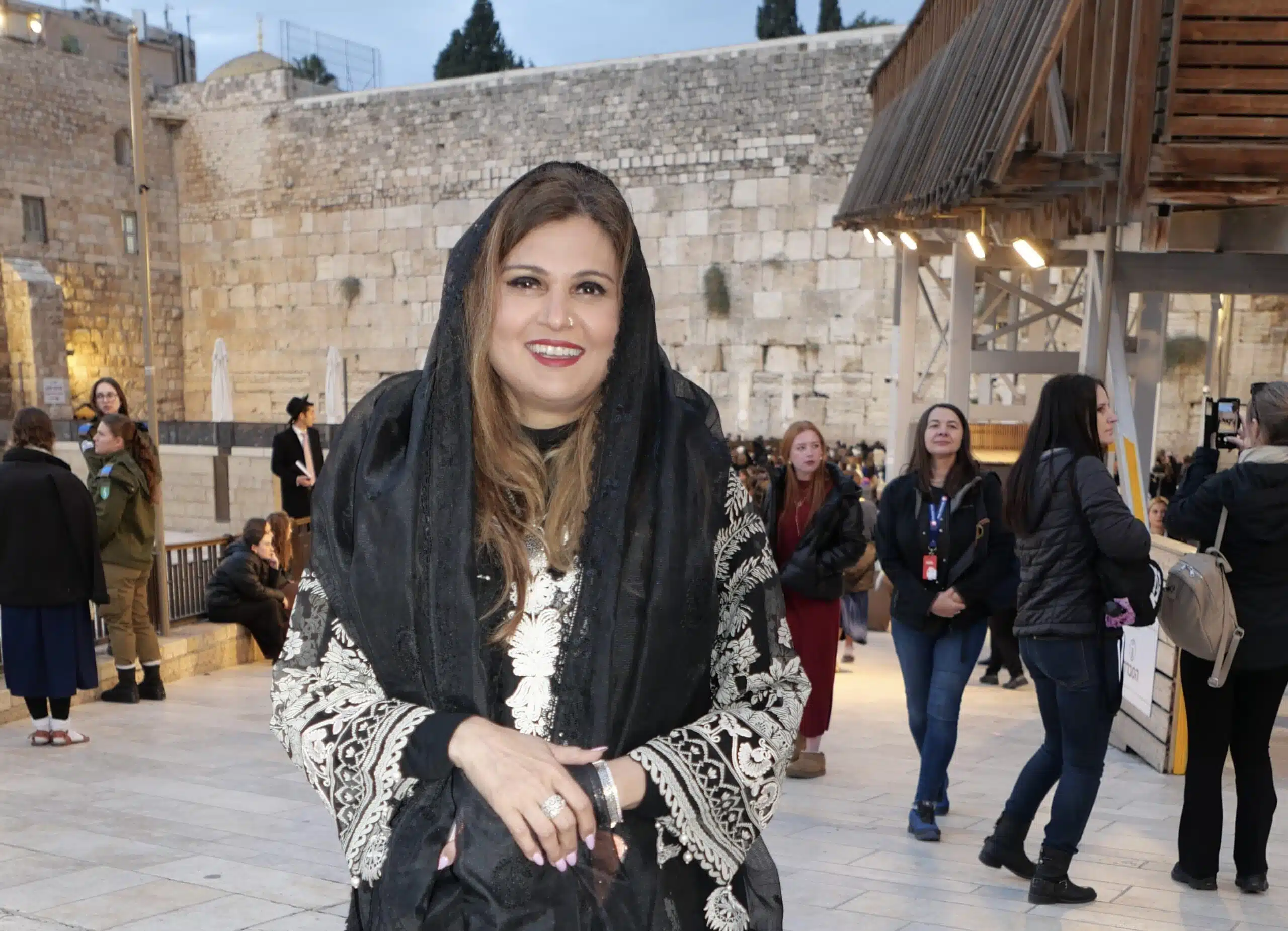
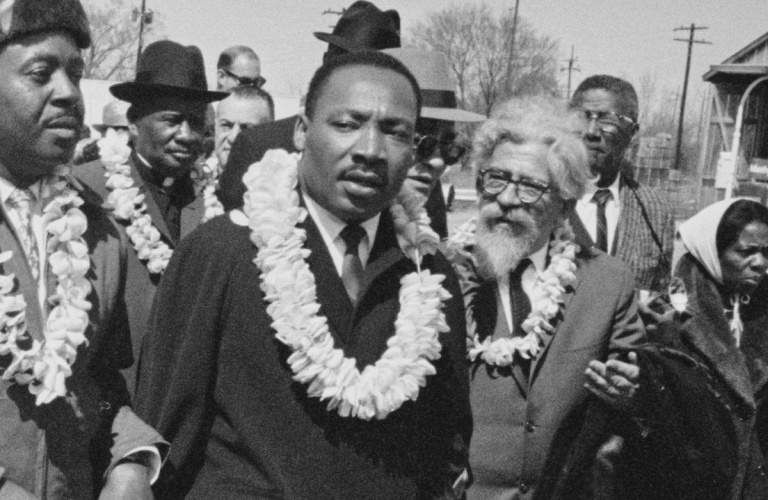
Dr. King and the Rabbi: Daughter of Rabbi Abraham Joshua Heschel Remembers MLK’s Legacy
Monday marks Martin Luther King Jr. Day, the annual holiday when the life and deeds of the late US civil rights leader are commemorated around the world.
In his quest for equal rights for Black Americans, King had numerous allies, including many in the American Jewish community.
Perhaps the most prominent of these was Rabbi Abraham Joshua Heschel, who famously marched with King in Selma, Alabama, in 1965.
The Polish-born Heschel had arrived in the US two-and-a-half decades earlier after fleeing Europe as the continent came under Nazi rule. He ended up settling in New York City, where he served as a professor of Jewish mysticism at the Jewish Theological Seminary for more than 25 years, until his death in 1972.
To honor King and his legacy of non-violent activism, CAM’s Tamara Berens spoke with Heschel’s daughter, Jewish Studies Professor Susannah Heschel of Dartmouth College, about her father’s relationship with the Civil Rights icon.
CAM: Why was it so important for your father to bring MLK’s message to Jewish communities across America during the 1960s?
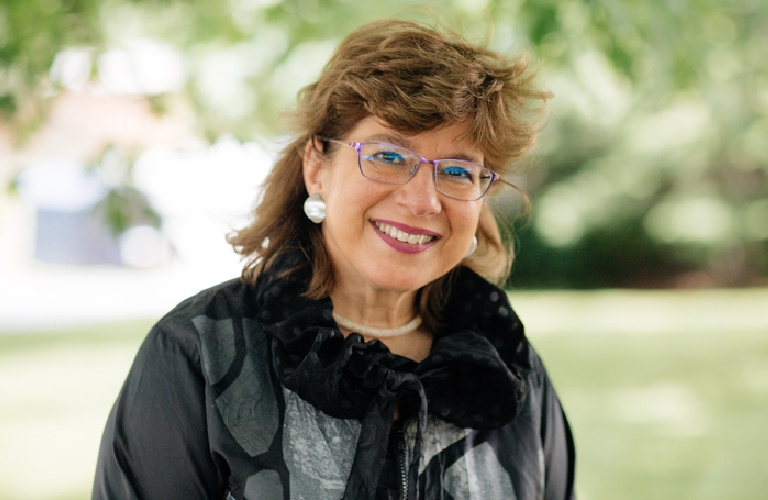
“What was especially horrifying at that time was the violence that we were seeing on television every night, violence against people who were marching peacefully, because they wanted the right to vote. They weren’t being allowed to register to vote. Not only were they not being allowed, they were being beaten in horrible ways on the streets of our country and it was terrifying and horrifying. For my father that was quite personal. My father had come to this country in March of 1940 as a refugee from Hitler and he had been in Germany starting in 1927, so he saw the violence on the street in Germany. So for him to see this violence was deeply personal and deeply frightening.”
CAM: What was special about your father’s relationship with Dr. King?
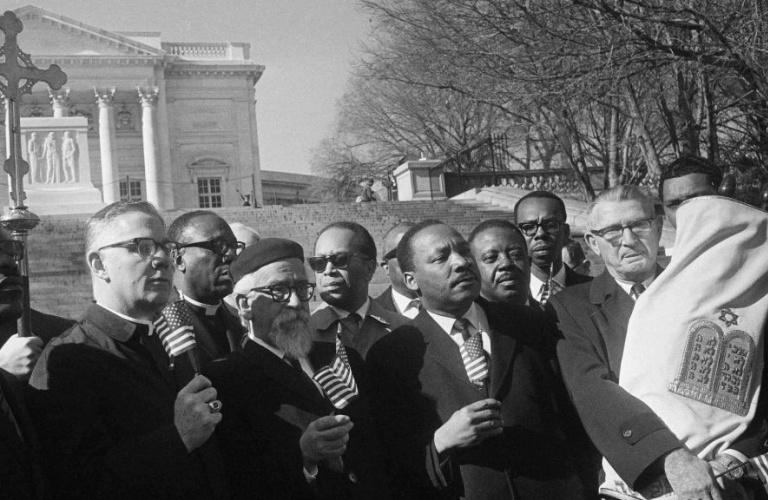
“They first met at a conference in Chicago in 1963. They were both giving keynote lectures and though they came from very different backgrounds, when they met, somehow they bonded. My father grew up in Hasidic Warsaw, he was the son of a rebbe, his experiences were pretty narrow, or provincial, one might say, as he taught at a rabbinic college and didn’t have African American colleagues or friends. My father spoke with tremendous passion against racism and that passion came from the Torah. He combined the teachings of justice from the prophets together with the rachmones, the compassion, of Hassidic tradition. It’s that combination that is so extraordinary.”
“Dr. King and my father gave lectures together to Jewish groups, Dr King was speaking out on behalf of Jews in the Soviet Union, for example, and in support of the State of Israel. And they talked about racism. For my father, racism was just horrible. He saw and he said very clearly in that speech, ‘Racism is satanism.’ A religious person cannot possibly be racist.”
CAM: You once described your father and Dr. King’s joint concern of ‘saving the soul of America.’ When you look at the US today, was this mission accomplished?
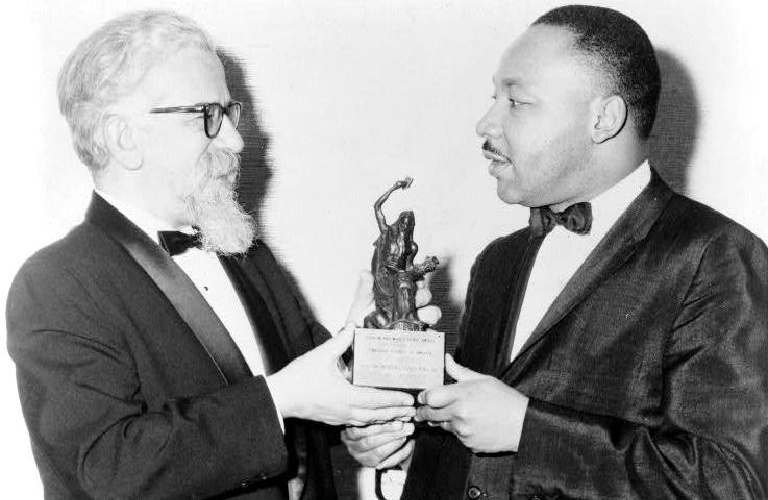
“There used to be a time where everybody said that America has to help Israel, and everybody did. But now I think that Israel has to help America. Israel will be the first country in the world to vaccinate all of its citizens. That I think is fantastic; it’s extraordinary. Israel has made healthcare available to everybody. Israelis take it for granted and that’s because it’s a Jewish value. We need that.”
“And the same thing with social security and childcare in Israel. You don’t have to worry about it. Including food for a child, if G-d forbid a child should go hungry. I wish that the government of Israel would come to America and give us some advice and some help.”
“Racism is very often enacted in terms of disparities such as healthcare and education and accessibility to them. And that’s something we need to stop. We see it right now in this pandemic that people of color are dying at a higher rate. Healthcare and education should be in America as it is in Israel.”
CAM: Why is it important for Jews to engage in the world and take interest in the wellbeing of others?
“I think there are many reasons that are given in classical rabbinic texts and the Talmud. One of them is that we need to make sure we live in an environment and a society where there is peace and there is flourishing. We don’t flourish as Jews if we live as Jews as some kind of island. What’s going on around us affects us.”
“That’s one issue. Another issue is we were created: life is not a gift, it’s a mandate. My father used to say this all the time. We have the gift of a life, and the question is, what are we going to do with it? How will we live our life and say that it is something worthwhile. The issue is making something good coming from our lives. The Talmud says a good person lives on after their death and a bad person is dead already while they are alive.”
Heschel then pivoted to the issue of contemporary anti-Semitism and its effect on Jews.
“On the question of anti-Semitism: a lot of people are talking about anti-Semitism on the right versus on the left. I am beginning to think that doesn’t quite work. Anti-Semitism that has broken out around the world is its own phenomenon. Anti-Semitism has such a long history that it lives on its own. People on the left or the right can use it, for their own purposes to attack Jews. Sometimes when we talk about it someone will say, ‘What about the left? What about the right?’”
“There’s no formula and that’s part of the problem — no one really knows what to do, and that is frightening in and of itself. We spend so much time arguing — ‘Is it the right? Is it the left?’ — and we use anti-Semitism as a political weapon to criticize other Jews. That’s just not getting us anywhere. The first thing we need is some trust among ourselves as Jews. What anti-Semitism does is to create tension and anger and hatreds among us. So we have to realize that the current situation with the polarization of the Jewish community is the result of anti-Semitism.”
“What interests me is that scholars talk a lot about the phenomenon of anti-Semitism and what is said about Jews. But we never really talk about the impact of anti-Semitism on Jews. Why aren’t we asking about the impact, the trauma we experience as Jews, living in an anti-Semitic environment?”

